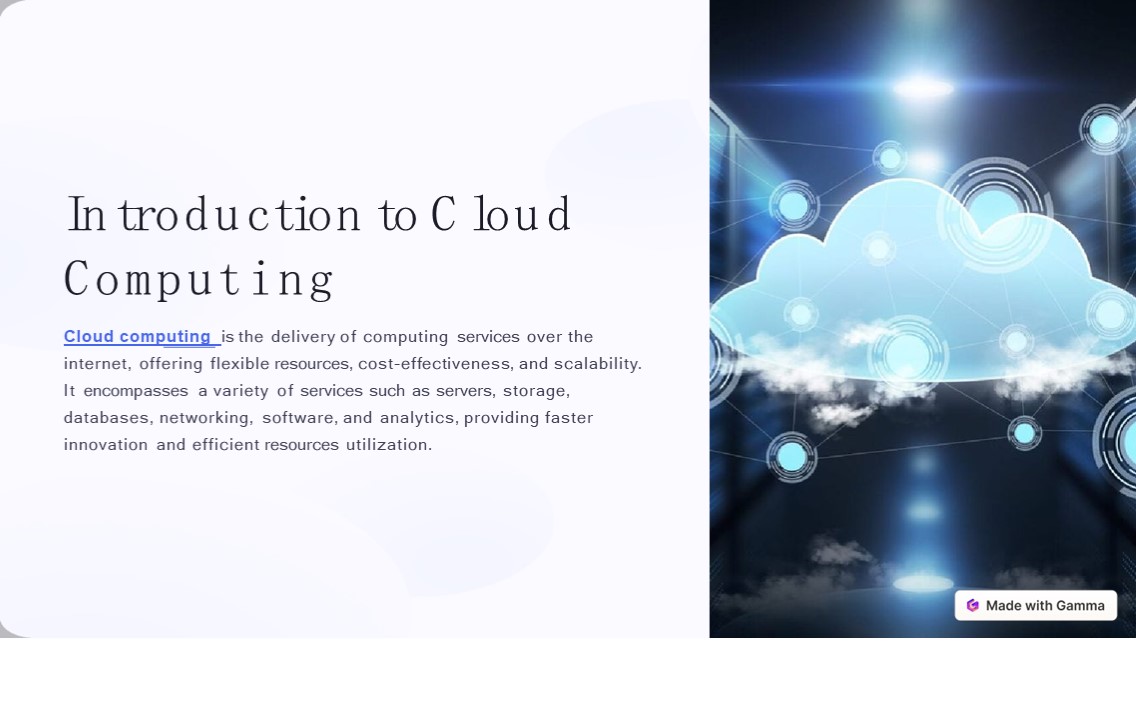Blockchain development company - blockchain use cases - PowerPoint PPT Presentation
Title:
Blockchain development company - blockchain use cases
Description:
Blockchain Development Company: Architecting the Future of Trust and Transparency A blockchain development company serves as a catalyst for organizations seeking to embrace the transformative power of decentralized and secure systems. Specialized in crafting cutting-edge blockchain solutions, these companies are at the forefront of innovation, offering expertise in developing, implementing, and optimizing blockchain applications. From designing robust smart contracts to architecting permissioned blockchain networks, a blockchain development company is instrumental in helping businesses navigate the complexities of blockchain technology and unlock new possibilities in a world increasingly reliant on trust and transparency. Blockchain Use Cases: Unleashing the Potential Across Industries The applications of blockchain technology are diverse, spanning industries and revolutionizing traditional processes. – PowerPoint PPT presentation
Number of Views:0
Title: Blockchain development company - blockchain use cases
1
Introduction to Cloud
Computing Cloud computing is the delivery of
computing services over the internet, offering
flexible resources, cost-effectiveness, and
scalability. It encompasses a variety of
services such as servers, storage, databases,
networking, software, and analytics, providing
faster innovation and efficient resources
utilization.
2
Types of Cloud in Cloud
Computing
Public Cloud Public cloud services are offered
by third-party providers over the public
internet. They are accessible to anyone and
often used for web-based email, file storage,
and online office applications.
Private Cloud Private cloud services are
maintained on a private network, providing
enhanced security and control, making it
suitable for organizations with strict data
privacy and security requirements.
Hybrid Cloud Hybrid cloud combines public and
private clouds, allowing data and applications
to be shared between them. It provides more
deployment options and optimization of existing
infrastructure.
3
Cloud-based AI Services
Data Processing Cloud-based AI services enable
efficient data processing and analysis, providing
businesses with valuable insights and
predictions to enhance decision-making processes.
1
Machine Learning These services facilitate the
implementation of machine learning models to
automate tasks, recognize patterns, and
continuously improve performance based on data
feedback.
2
Natural Language Processing Cloud-based AI
services support natural language processing,
enabling systems to understand, interpret, and
respond to human language, contributing to
enhanced user experiences and automation.
3
4
Cloud Hosting Solutions
Scalability Flexibility Cloud hosting solutions
offer scalable and flexible infrastructure,
allowing businesses to easily adjust resources
based on demand, avoiding over- provisioning or
under-provisioning.
Reliability Security These services provide
high reliability and security measures through
data encryption, regular backups, and robust
disaster recovery plans, ensuring data
protection and business continuity.
Cost-Effectiveness Cloud hosting solutions
eliminate the need for substantial upfront
investments in hardware and infrastructure,
reducing capital expenditures and providing a
pay-as- you-go pricing model.
5
Cloud Testing
1 Functional Testing Cloud testing enables
comprehensive functional testing of applications
in different cloud environments, ensuring
seamless performance across various platforms.
2 Performance Testing It facilitates the
evaluation of application performance under
different workloads, allowing businesses to
identify potential bottlenecks and optimize
resources.
Security Testing Cloud testing includes robust
security testing to identify vulnerabilities and
ensure the integrity and confidentiality of data
in cloud-based applications.
3
6
Cloud Compliance Governance
Regulatory Compliance Cloud compliance ensures
adherence to industry- specific regulations and
standards, providing audit trails and compliance
monitoring to meet legal requirements.
Data Governance It involves the management and
protection of data assets, ensuring data
quality, integrity, and security throughout its
lifecycle and use within the cloud environment.
Risk Management Cloud governance addresses risk
management by implementing policies, controls,
and risk assessment strategies to mitigate
potential threats and vulnerabilities.
7
Cloud Migration Strategies
1 Assessment Evaluate the current
infrastructure, applications, and dependencies
to determine the feasibility of migration and
identify potential challenges.
2 Planning Preparation Develop a detailed
migration plan, including resource allocation,
risk assessment, and contingency strategies to
ensure a smooth transition to the cloud
environment.
3 Execution Implement the migration plan,
transfer applications and data to the cloud
environment, and conduct thorough testing to
validate the successful migration.
4 Optimization Continuous monitoring and
optimization of cloud resources, performance,
and cost to maximize the value and efficiency of
cloud migration.
8
Cloud Security Measures
Encryption Data encryption at rest and in transit to ensure confidentiality and integrity.
Identity Access Management (IAM) Granular control over access to resources, reducing the risk of unauthorized access.
Threat Detection Monitoring Continuous monitoring for threat detection, rapid response, and security incident management.































